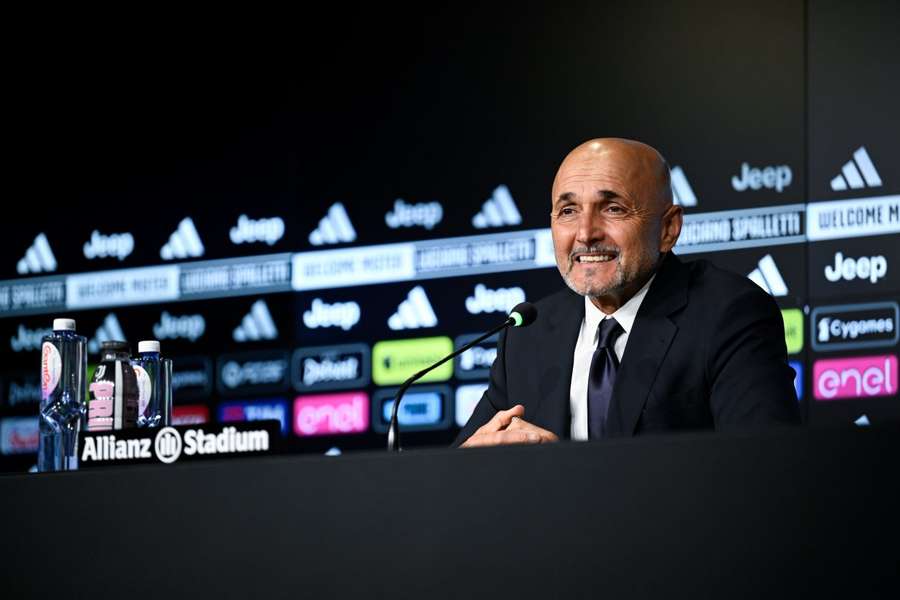The coach, himself a former Juventus player, was unable to achieve the desired results, whether in terms of performance, identity, or league position.
Tudor’s Juventus never really looked like Juventus. There was no clear playing style, and many of the new summer signings, brought in at considerable expense, with long-term financial repercussions (and at the moment no results), were never put in a position to thrive.
The players share some responsibility, of course, but if none of the new arrivals proved decisive or even hinted that they could make a real difference, maybe it is because of Tudor too.
Despite several months of work, Tudor failed to extract any real progress from the team. Given the disappointing results in the league, a coaching change became inevitable.
Many fans feel the management waited too long. The reality is that Serie A now boasts a number of top-tier coaches, such as Max Allegri, Gian Piero Gasperini, Antonio Conte, and even Maurizio Sarri, despite the financial constraints Lazio faced over the summer.
Compared to these names, Tudor offered less experience, charisma and tactical depth, and over time, that gap became apparent.
It’s a bitter end for him: this was a golden opportunity to establish himself in a long-term project within a familiar and appreciative environment. Instead, he now has to start over , once again.
Logical and necessary
Juventus, for its part, has made the most logical and necessary choice by appointing Luciano Spalletti. The former Napoli coach, who guided that team to a historic Scudetto and later led the Italian national team, now begins a new chapter in Turin.
After (very positive) stints in Rome, Milan, and Naples, Spalletti arrives with one clear mission: to restore Juventus to its rightful place, at the top of Serie A, competing for titles, where a club of its stature belongs. The message from the management is clear: the time for experiments is over.
Juventus have turned to one of the best coaches available, the most rational move for a club with such history, ambition, and expectation. Not since the days of Max Allegri has Juventus had a coach with Spalletti’s pedigree, experience and winning mentality.
Spalletti’s debut could hardly have gone better: a convincing victory over Cremonese, so far one of the surprises of the season, marked by a strong collective performance and an excellent display from Teun Koopmeiners, who played as a defensive playmaker on the left in Spalletti’s 3-5-2.
Pragmatist
The team already looks more organised and balanced, with clearer ideas and simpler tactical principles.
That is a smart move from Spalletti: let's start from the basics. Even in the recent match against Sporting, which ended without a win, Juventus showed signs of progress. Fans can finally start to feel optimistic again.
Spalletti has a proven track record of revitalising teams in difficult moments, as he did at Roma after Rudi Garcia’s departure. A pragmatic coach, he focuses on solving problems first and then building toward lasting success.
There’s still much work to be done in Turin, but the early signs are promising.
Spalletti has already redefined Koopmeiners’ role and found ways to involve Vlahović more effectively in the attack. In the coming weeks, more tactical adjustments will follow. But one thing is already certain: Juventus once again has a top-class coach on its bench.

